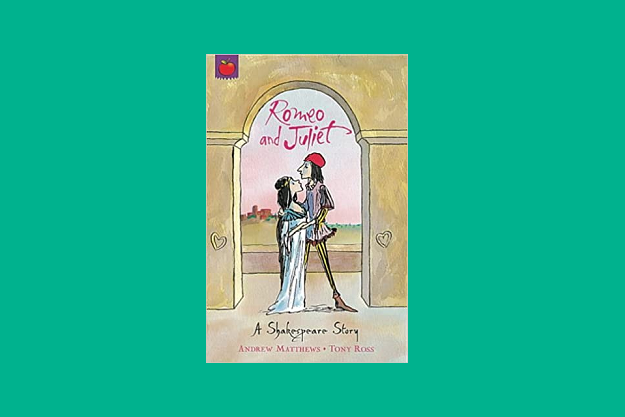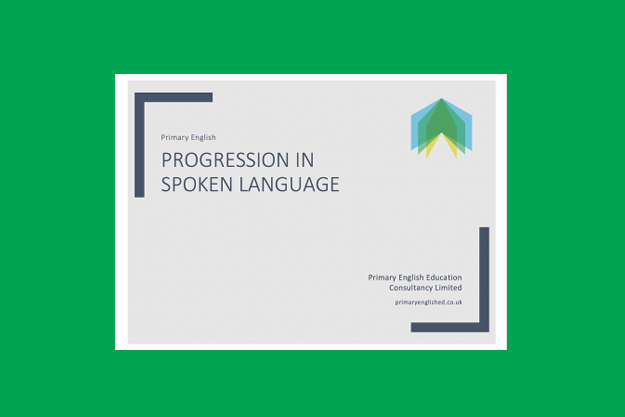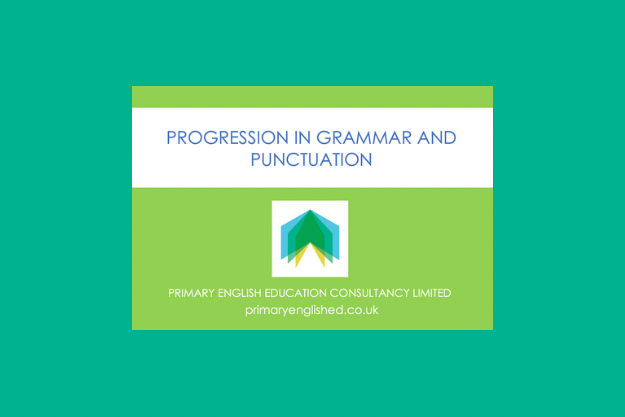 Image 1 of 6
Image 1 of 6

 Image 2 of 6
Image 2 of 6

 Image 3 of 6
Image 3 of 6

 Image 4 of 6
Image 4 of 6

 Image 5 of 6
Image 5 of 6

 Image 6 of 6
Image 6 of 6







Starting Points for longer books: Shakespeare bundle
Starting Points are written to help you plan book-based units of work. In this bundle you will find planning for the following titles written by Andrew Matthews and Tony Ross:
A Midsummer Night’s Dream
Antony and Cleopatra
Macbeth
Romeo and Juliet
The Tempest
For each title, you’ll find ideas to support spoken language, reading, writing, grammar, vocabulary and spelling. In this bundle planning is pitched at children in KS2.
In A Midsummer Night’s Dream, you will find ideas to support the following grammar objectives:
Expressing time, place and cause using prepositions
Use of inverted commas and other punctuation to indicate direct speech/ integrating dialogue to convey character and advance action
Use of the perfect form of verbs to create cohesion and mark relationships of time and cause
Linking ideas across paragraphs using adverbials of time
Brackets, dashes or commas to indicate parenthesis
In Antony and Cleopatra, you will find ideas to support the following grammar objectives:
Use of fronted adverbials
Use of paragraphs to organise ideas around a theme
Appropriate choice of pronoun or noun within and across sentences
Write dialogue with correctly punctuated direct speech
Use of commas after fronted adverbials
In Macbeth, you will find ideas to support the following grammar objectives:
Use of inverted commas and other punctuation to indicate direct speech/ integrating dialogue to convey character and advance action
Use of the perfect form of verbs to create cohesion and mark relationships of time and cause
The use of subjunctive forms (If I were…)
Use the passive to affect the presentation of information in a sentence
In Romeo and Juliet, you will find ideas to support the following grammar objectives:
Word families based on common words
Expressing time, place and cause with prepositions, conjunctions and adverbs
Write noun phrases expanded by modifying adjectives, nouns and preposition phrases
Use of paragraphs to organise ideas around a theme
Appropriate choice of pronoun or noun within and across sentences
Use inverted commas and other punctuation to indicate direct speech
In The Tempest, you will find ideas to support the following grammar objectives:
Linking ideas across and between paragraphs with adverbials
Use of fronted adverbials
Use of commas after fronted adverbials
Write dialogue with correctly punctuated direct speech
Use of hyphens
Use of past perfect and past perfect progressive forms of verbs
Starting Points are sets of book-based planning ideas. The books are not included in the packs.
Starting Points are written to help you plan book-based units of work. In this bundle you will find planning for the following titles written by Andrew Matthews and Tony Ross:
A Midsummer Night’s Dream
Antony and Cleopatra
Macbeth
Romeo and Juliet
The Tempest
For each title, you’ll find ideas to support spoken language, reading, writing, grammar, vocabulary and spelling. In this bundle planning is pitched at children in KS2.
In A Midsummer Night’s Dream, you will find ideas to support the following grammar objectives:
Expressing time, place and cause using prepositions
Use of inverted commas and other punctuation to indicate direct speech/ integrating dialogue to convey character and advance action
Use of the perfect form of verbs to create cohesion and mark relationships of time and cause
Linking ideas across paragraphs using adverbials of time
Brackets, dashes or commas to indicate parenthesis
In Antony and Cleopatra, you will find ideas to support the following grammar objectives:
Use of fronted adverbials
Use of paragraphs to organise ideas around a theme
Appropriate choice of pronoun or noun within and across sentences
Write dialogue with correctly punctuated direct speech
Use of commas after fronted adverbials
In Macbeth, you will find ideas to support the following grammar objectives:
Use of inverted commas and other punctuation to indicate direct speech/ integrating dialogue to convey character and advance action
Use of the perfect form of verbs to create cohesion and mark relationships of time and cause
The use of subjunctive forms (If I were…)
Use the passive to affect the presentation of information in a sentence
In Romeo and Juliet, you will find ideas to support the following grammar objectives:
Word families based on common words
Expressing time, place and cause with prepositions, conjunctions and adverbs
Write noun phrases expanded by modifying adjectives, nouns and preposition phrases
Use of paragraphs to organise ideas around a theme
Appropriate choice of pronoun or noun within and across sentences
Use inverted commas and other punctuation to indicate direct speech
In The Tempest, you will find ideas to support the following grammar objectives:
Linking ideas across and between paragraphs with adverbials
Use of fronted adverbials
Use of commas after fronted adverbials
Write dialogue with correctly punctuated direct speech
Use of hyphens
Use of past perfect and past perfect progressive forms of verbs
Starting Points are sets of book-based planning ideas. The books are not included in the packs.
You can also download each resource from this pack separately.







